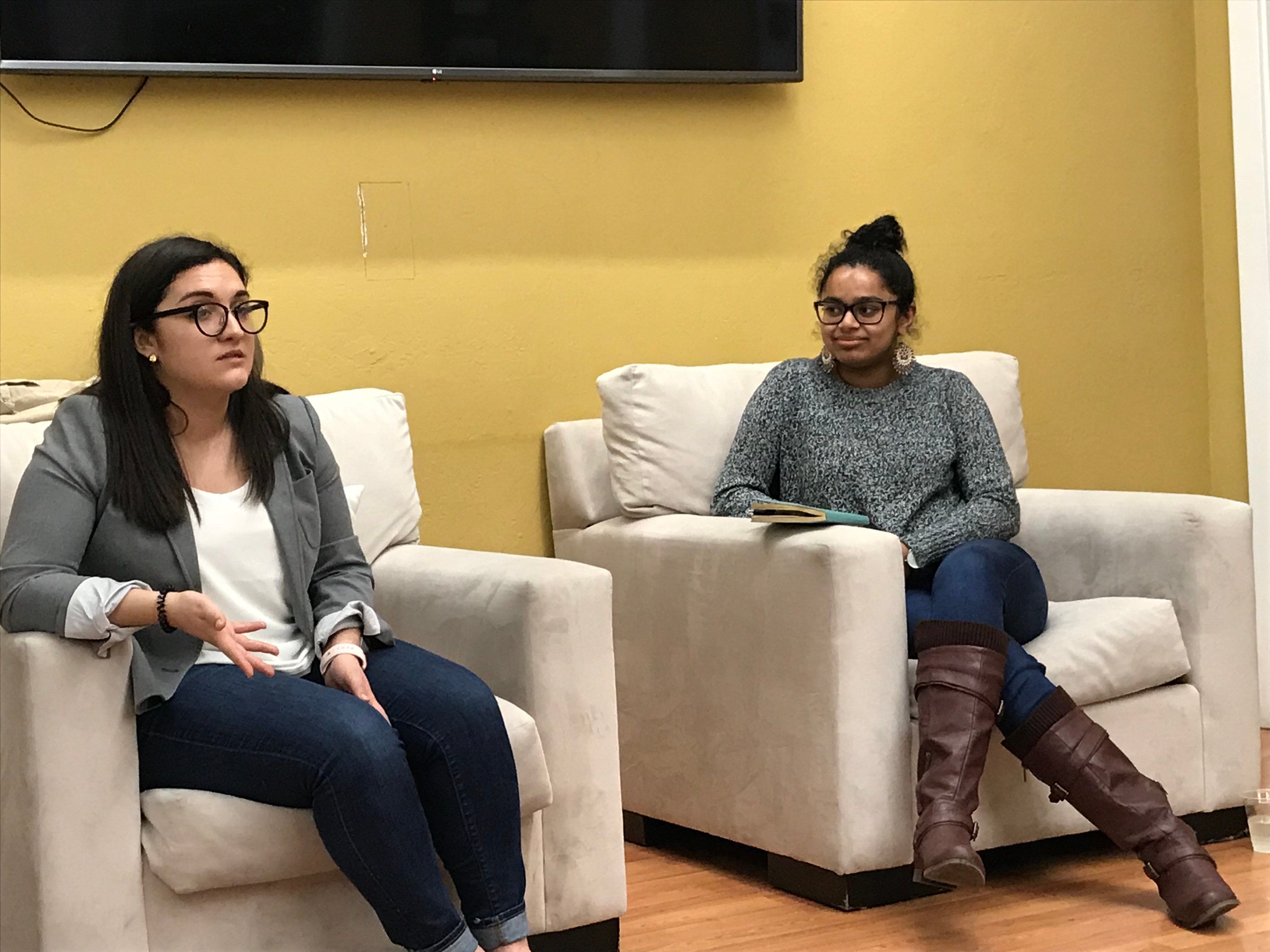As the public comment period for response to Secretary of Education Betsy DeVos’ proposed Title IX policy changes reopens for one day on Friday, End Rape on Campus (EROC) interim executive director Jess Davidson encourages students to voice their opinions.
DeVos’ changes, if enacted, will narrow the definition of sexual harassment and reduce liability for universities.
Davidson told attendees at the Women’s Community Center on Wednesday that EROC, a national nonprofit, counted 54 online comments submitted from around Santa Clara County, where Stanford is located. Of those, Davidson estimated six were from Stanford, based on the comments’ demographic information.
Associated Students of Stanford University (ASSU) President Shanta Katipamula ’19, who moderated the event, told The Daily she thought the number of Stanford comments was slightly larger than six but “not staggering.”
The notice and comment process will reopen due to a technical error by the Department of Education that prevented comment submission on the last day of the initial filing period. By law, the proposed changes needed to be subject to a 60-day comment period. Because comments were unable to be submitted on the last day of the initial period, the Department will reopen submissions for a single day.
“They’re so bad at their jobs,” Davidson said, to laughter.
She urged her audience to at least double the number of Stanford submissions from six to 12. EROC’s online portal could make the process as quick as 15 minutes, she added.
EROC was founded in 2013 as what Davidson called a “scrappy volunteer organization of students scattered across the country … formed out of a moment of crisis and a need to form a system where it didn’t exist.” As awareness of sexual violence and the activism surrounding it increased, EROC grew into a national organization. Today, it focuses on direct support for survivors and families, prevention education and policy reform.
Davidson, who has served as interim executive director for just over a year, became involved with activism against sexual violence after being sexually assaulted as an undergraduate at the University of Denver. As student body vice president, Davidson leveraged her position to spearhead programs such as a service to walk students home after parties — similar to Stanford’s 5-SURE service — and a policy withholding student group funding unless group leadership attended bystander training.
“We wouldn’t take no for an answer and offered so many solutions that eventually they couldn’t say no to them,” she said, adding that she “asked [the University of Denver] for things they would look really bad saying no to.”
Stanford’s Undergraduate Senate, which funds voluntary student organizations on campus, has considered similar funding policies in the past, Katipamula — a former student senator — told The Daily.
However, she said the ASSU would rather use positive incentives to encourage student group buy-in to sexual violence prevention initiatives such as Take Back the Night, an event geared towards protesting sexual assault and providing a space for students to share their experiences. Katipamula suggested creating badges on CardinalSync or another student group directory to identify groups who have taken steps to educate their members on sexual violence prevention.
This kind of college activism, Davidson said, has become even more vital since President Trump took office. After graduating, Davidson worked in the Obama White House’s Office of Public Engagement. Before the 2016 election, she said, she had considered changing her focus, but changes in policy under the Trump Administration convinced her to stay in the game.
After DeVos announced her proposed changes to Title IX, EROC launched Hands Off IX, which uses a “Mad Libs”-style template to make it easier to submit comments to the Department of Education during the 60-day notice and comment period on the proposed regulations. The Department is legally required to respond to all “substantive comments.”
Davidson stressed the importance of submitting additional comments this Friday when the period reopens. However, she also noted the gap between survivors sharing their stories and substantive policy change, noting high-profile accusations such as Stanford affiliate Christine Blasey Ford’s Senate testimony against then Supreme Court nominee Brett Kavanaugh last fall.
“How do we make people care,” Davidson asked, “without making survivors bare their scars to show that they were bleeding?”
Contact Erin Woo at erinkwoo ‘at’ stanford.edu.
